GFEI: vehicle fuel economy is below global targets, jeopardizing action on climate and energy; failure of policy
Green Car Congress
DECEMBER 8, 2015
Worldwide, the vehicle fleet is not making enough progress on fuel economy and is failing to reach global targets aimed at reducing CO 2 emissions, cutting oil consumption and improving energy efficiency according to a new report from the Global Fuel Economy Initiative (GFEI) ( earlier post ) released at the Paris COP21 Climate Summit.





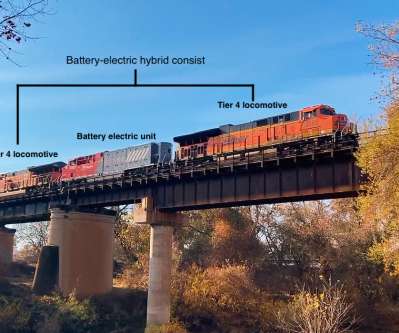
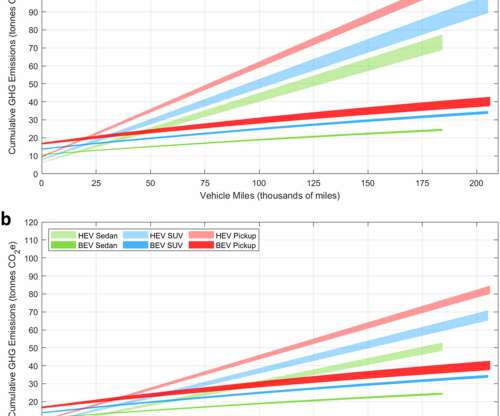







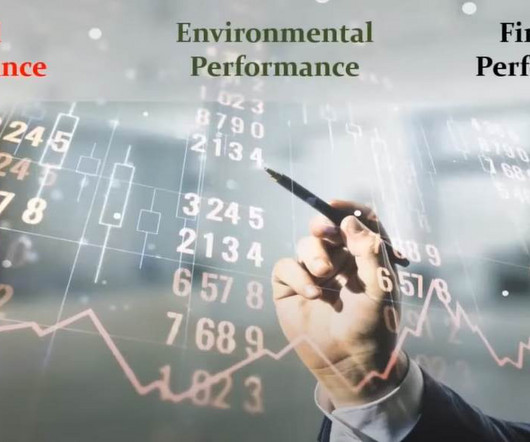
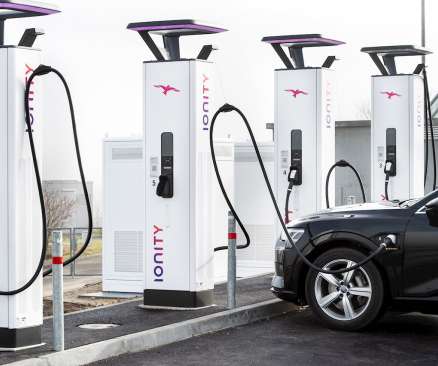
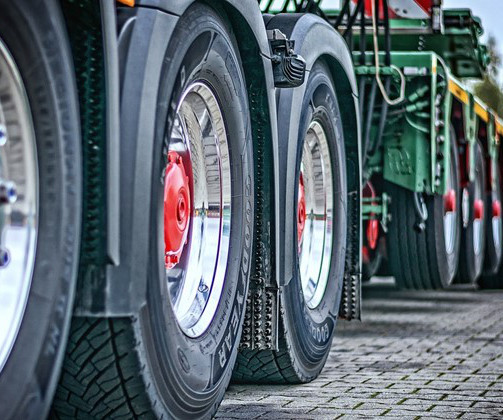

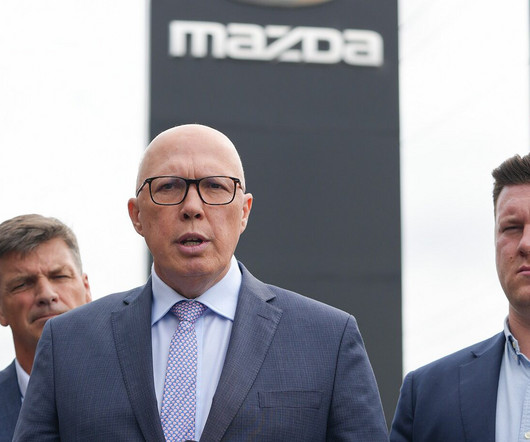




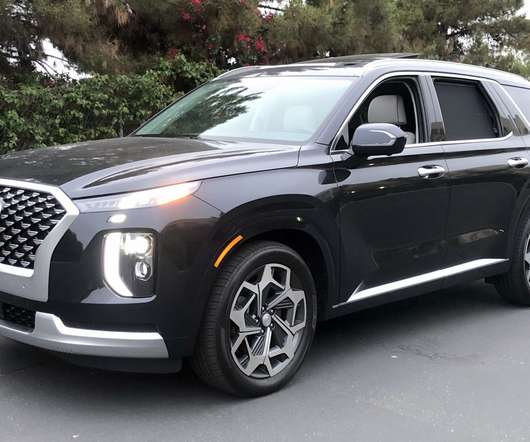


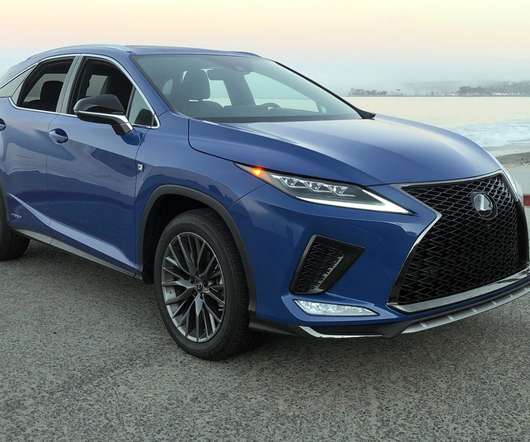








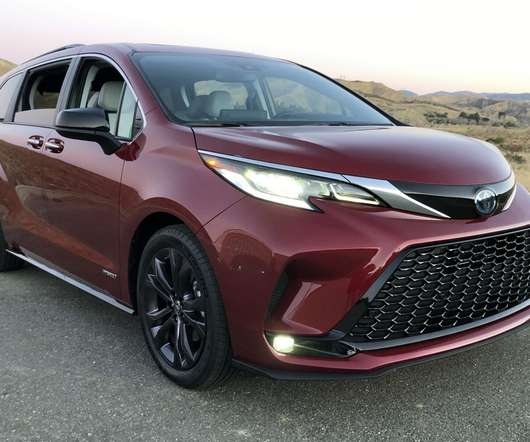






Let's personalize your content